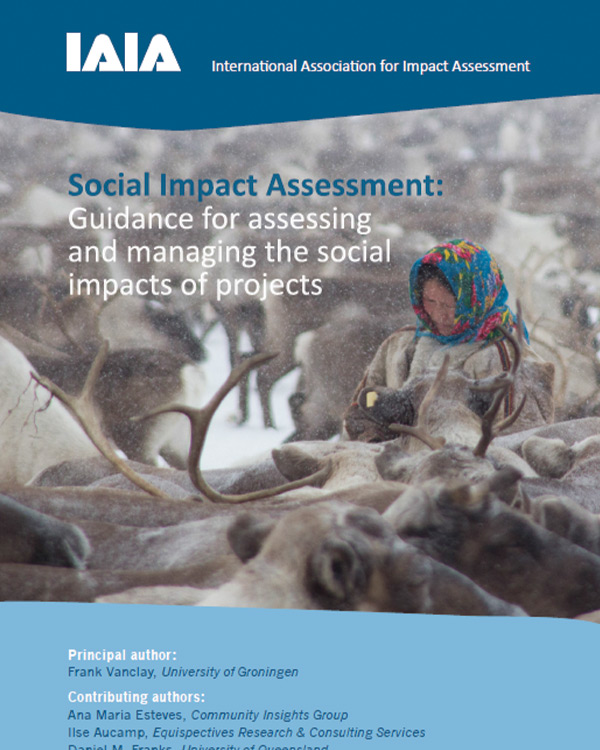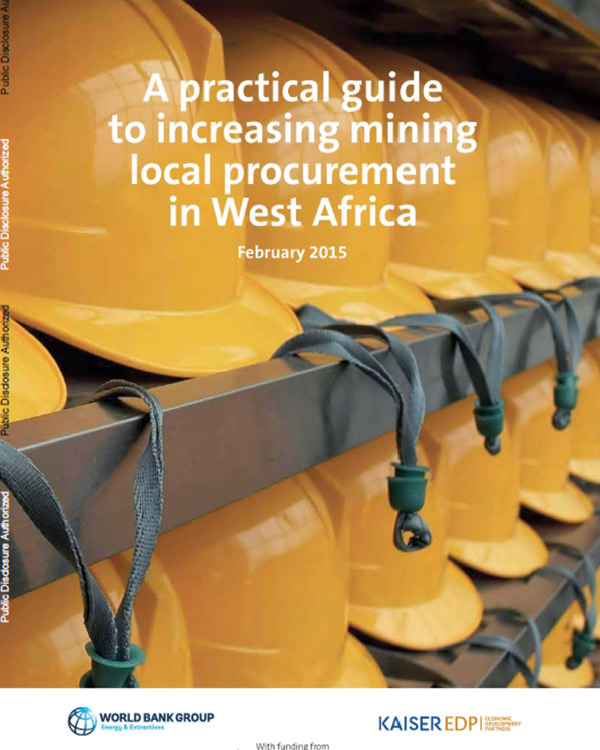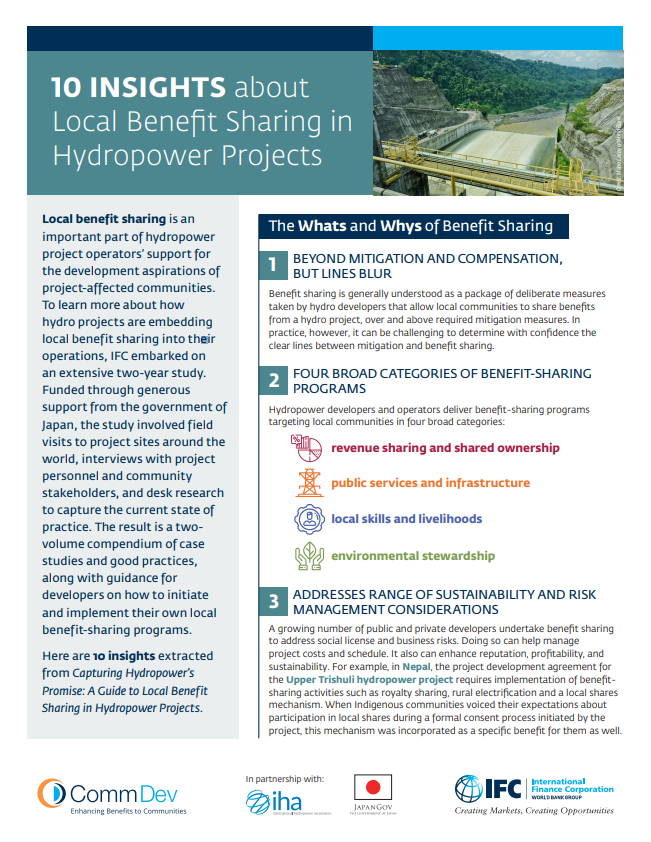Publication
Feb 16, 2017
IFC & Steward Redqueen
It is widely recognized that growth and jobs help lift people out of poverty. However, there is limited research that captures the growth effects and indirect / induced jobs created in the wider economy by investments in the oil, gas, and mining sectors. This study summarizes the status of economic research regarding employment creation; provides an overview of the methodologies currently used to estimate indirect and induced employment; and designs a tool useful to estimate ex-ante job effects based on the Social Accounting Matrix in two pilot countries: Ghana and Peru. The tool distinguishes employment at the various stages of extractive sector investments, and includes add-ons such as gender and skills specific data.
The research reviewed points to three main barriers that prevent the development of stronger linkages between the extractive sector and job creation. The first one relates to the extractive sector and country economic complexity / diversification. The second addresses the influence of the extractive sector in the countries’ institutional framework. The third barrier relates to the spending of government revenues (originated from the extractive sector) in public investment such as infrastructure and education. The study found that the effectiveness of these linkages has significant implications on long-term employment creation.
Share
-
Share on Facebook
Share on Facebook
-
Share on Twitter
Share on Twitter
- Share on Linkedin
- Share by Mail
Related Content
Social Impact Assessment: Guidance for Assessing and Managing the Social Impacts of Projects
Gender
Local Supplier Development
Sustainable Livelihoods and Skills Building
A Practical Guide to Increasing Mining Local Procurement in West Africa
Gender
Local Supplier Development
Sustainable Livelihoods and Skills Building
Women and E-commerce in Africa
Gender
Local Supplier Development
Sustainable Livelihoods and Skills Building
10 Insights about Local Benefit Sharing in Hydropower Projects
Gender
Local Supplier Development
Sustainable Livelihoods and Skills Building
- IFC
- IFC Sustainable Infrastructure Advisory
- IFC Infrastructure
- IFC Oil, Gas and Mining
- IFC Performance Standards
- IFC Sustainability
- IFC Telecoms, Media, and Technology
- IFC Financial Valuation Tool
- PPP Knowledge Lab
- World Bank Open Data
- World Bank Extractive Industries
- GOXI Sharing in Governance of Extractive Industries



